Striking the Balance in Planning for the Next Generation
One thing that’s bound to cause a stir in planning the future of your family businesses is what’s “fair” versus what’s “equal.”
It’s common for family business owners to want to distribute ownership to their children equally when they pass, just like any other asset. But unlike cars, houses or your financial portfolio, a business may mean far more to one child than another.
You might have one child who’s a devoted member of the business and knows it inside-out. Another child may have cut their teeth working part-time in the business while in high school and college … but they’ve moved on and done other things with their lives.
It only gets more complicated, the more stakeholders there are. These decisions can’t be made lightly. But they’re even less fun to communicate if you haven’t done your homework ahead of time.
The headaches family business owners report, year after year, are a big part of why we started the Family Business Mastermind. We’re big on searching for the truth, and answers to all the tough questions that come with running a business in the midst of raising a family.
To schedule a 15-minute interview for membership in a Family Business Mastermind group, click here.
Why You Can’t Just “Split the Difference” with a Family Business
There’s an obvious question mark that goes with unevenly distributing your family business to one child over another … what assets can you pass on to the child who doesn't work in the business?
How do you honor the participation of one child and still show love to others who choose other paths? Is that even doable in your situation, or should you consider selling the business, so you can bypass the whole discussion?
A lot depends on how your kids handle the news - and how you communicate it. Maybe it’d be easier to sell … but then again, you risk alienating the child who is committed long-term to the business. They may take it as a signal you don’t place a high value on their contribution and move on.
That could be a bad idea if that child is a very responsible, high-ranking company officer whose absence would be difficult to fill.
Whatever decision you make, one thing’s clear - you’re going to need outside eyes. If you choose the path of selling, you’ll need brokers, attorneys and appraisers. If not, you’ll need a host of advisers and some estate legal help with documentation.
You’ll do even better with the caring and committed oversight of the Family Business Mastermind. Click here to schedule a 15-minute call to learn more.
Ways You Can Be “Fair” and “Equal”
We’ve studied and helped many family businesses pass from one generation to the next. Among the successful ones, there are common factors that help the younger generations carry their parents’ legacy forward.
Merit-Based Standards for Ownership
One way to reward a child’s heavy participation in a family business is to give them “advance access” to the inheritance. This happens the same way you would offer regular employees “profit sharing” bonuses as rewards for a job well done.
By gradually distributing ownership of a family business to your business-active child, you do two things.
First, the active child’s clout and decision-making authority in the company grow quietly. Their growing interest is not a “gift,” but is much more like compensation for sweat equity.
Second, if you include your non-active kids as minority owners, you position them to benefit in ways that are likely to appeal to non-active children. They can either receive S cash distributions, if you set it up that way, or they can sell their interest … but only to their business-active sibling.
Approaches like this are popular with family businesses that pass successfully between generations.
Fair Definitions of “Fair”
Most business-active children’s definition of “fair” takes the form of decisions that reflect the difference in their level of commitment and risk.
In other words, that son or daughter who makes you so proud with their hard work and ambition probably thinks the same thing you do when people try to tell you how to run your business.
By determining this ahead of time through careful succession planning, you can establish up front what your active child thinks is “fair.” You might even get it in writing.
For non-active children, fairness usually surfaces when they end up with ownership of an asset they don’t control, and which produces no income. They’re often content to receive something of equivalent value if they can.
What’s not “fair” to non-active children is to put their ownership at the mercy of their active sibling, without a controlling interest in the company. In this way, you pass on an asset they can’t really use, and they run the risk of losing it if the business fails.
There are plenty of twists and turns on the road to proper succession planning. But it’s one of the top family business mistakes to avoid for a reason.
If you want to avoid this and other mistakes, membership in the Family Business Mastermind is a step in the right direction. Click here to schedule a 15-minute interview to learn more.
A good plan settles all these questions ahead of time. Although it’s rare for each child to get exactly what they want, they have a good chance of getting most of what they want, when parents do the hard work ahead of time.
Being “fair” and “equal” isn’t easy, and it’s even harder to get it perfect. But if you pursue the right actions, while consistently surrounded by the right people, you have a greater chance of fixing an outcome everyone can live with.
How may we serve you today?
Greg and Jennifer Lewis

